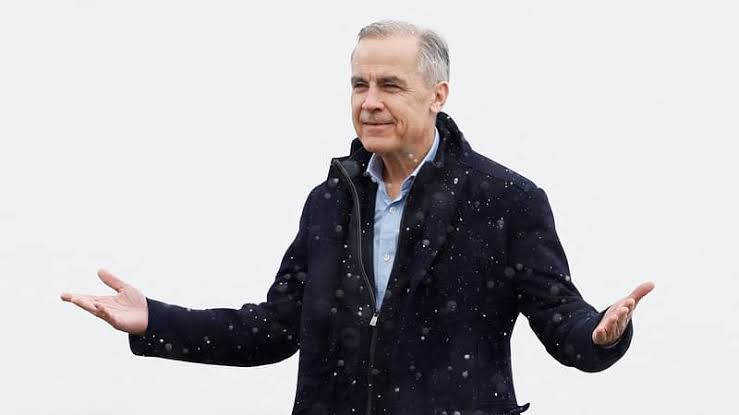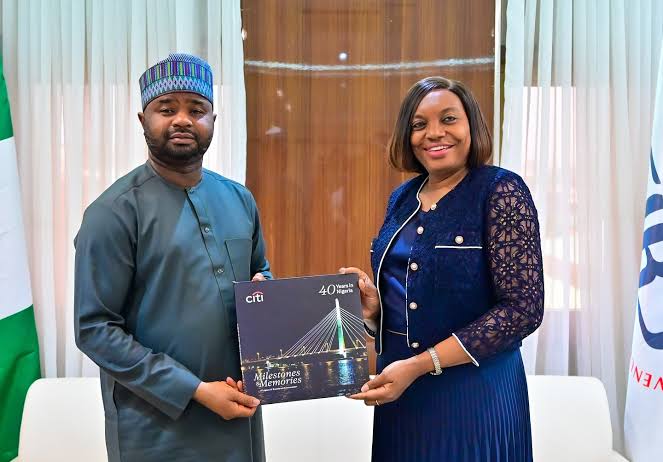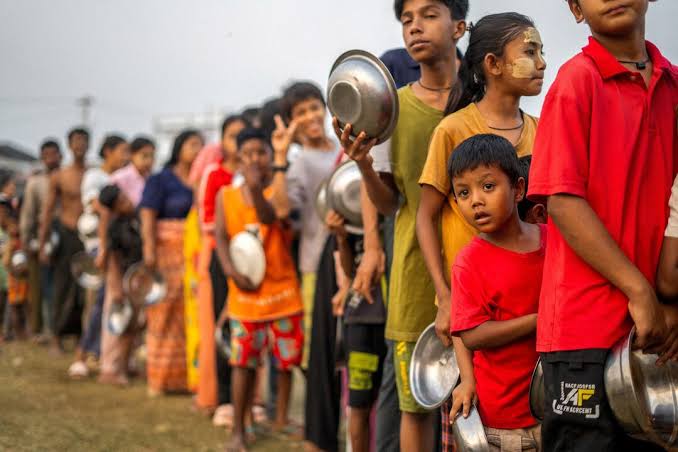Canadian Prime Minister Mark Carney’s announcement of a snap election scheduled for April 28 may limit his capacity to respond decisively if the United States acts on its threat to impose further tariffs.
With the campaign now underway, the government is subject to a caretaker convention, which permits routine operations but advises against making significant policy changes.
This election occurs at a particularly precarious moment for Canada, especially in light of U.S. President Donald Trump’s threats regarding tariffs and comments about potentially annexing Canada. Carney referred to this situation on Sunday as “the most significant crisis of our lifetimes.”
While ministers will continue in their roles, nearly all aides were required to cease using their work emails and cell phones immediately following the election announcement on Sunday.
This raises concerns about the implications if Trump proceeds with plans to impose additional tariffs on Canadian imports on April 2, in addition to the 25% tariffs already enacted in March on steel and aluminum imports from Canada.
The caretaker convention does allow the government to manage urgent matters, meaning Canada could still announce the countermeasures it has previously committed to, according to experts, although implementing further retaliatory measures may prove more challenging.
When asked by CBC News on Wednesday if Canada could implement previously announced countermeasures during an election, Foreign Minister Melanie Joly affirmed, “Yes, of course, because ultimately we are the government… our responsibility is to protect the national interest.”
However, engaging with Trump, traveling to Washington, or introducing new measures against U.S. tariffs could expose Carney to criticism from opposition parties who may view his actions as an attempt to enhance his own position during the campaign.
“I expect that during the election period, individuals will exercise more caution, but it largely depends on the willingness of political figures to exercise restraint,” noted Philippe Lagasse, a professor and constitutional expert at Carleton University in Ottawa.
When questioned on Sunday about his decision to call an election amid a tariff conflict, Carney explained that he required a vote to demonstrate a strong mandate for managing Canada’s economy and negotiating with Trump.
In October 2015, during a campaign, then-Conservative Prime Minister Stephen Harper held a press conference to announce Canada’s participation in a transpacific trade agreement. Opposition leader Thomas Mulcair criticized the event, stating, “It’s inconceivable that Stephen Harper signed a secret deal in the midst of an election campaign.” Harper ultimately lost the election.
See more: Venezuela and the U.S. Restart Repatriation Flights for Migrants.
In February, during an election campaign in Ontario, Premier Doug Ford faced backlash for traveling to Washington to advocate against tariffs, yet he secured reelection.
“The key is to avoid appearing to exploit the situation in a manner that the public perceives as unjust,” remarked Andrew McDougall, an assistant professor of political science at the University of Toronto.
“(Carney) must remain cognizant that he is somewhat bound by this convention, and he should avoid any actions that could be interpreted as a violation.”
In surveys carried out shortly before the campaign launch, the Liberals and the official opposition, the Conservatives, were nearly even in support.
The findings suggest that the Liberals are likely to secure the highest number of seats, possibly enabling them to establish a majority government, as their backing is primarily located in the eastern region of the country, which has a greater number of available seats.
The Conservatives did not answer when asked if they were concerned about the possibility of the Liberals violating the caretaker convention.





